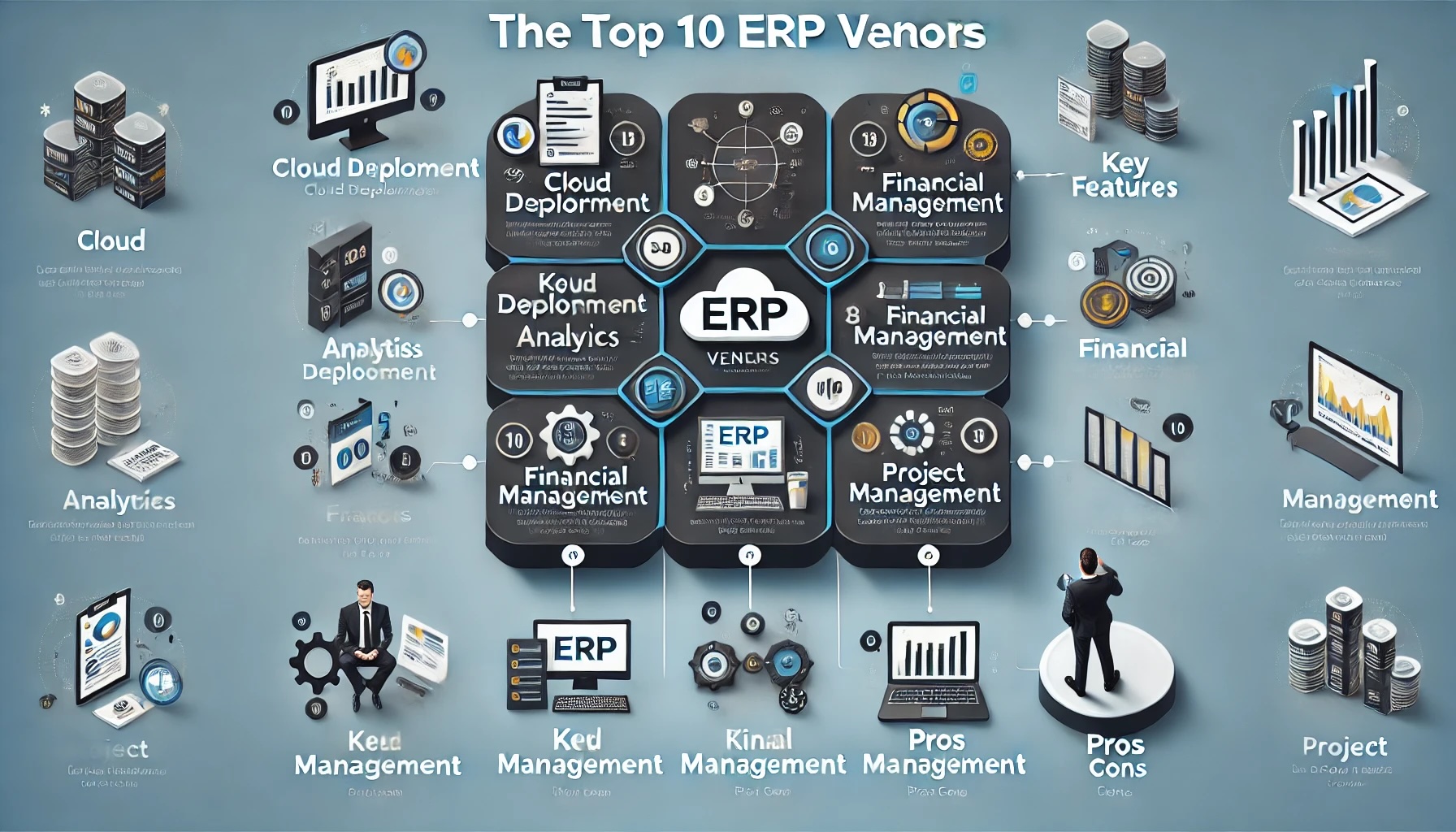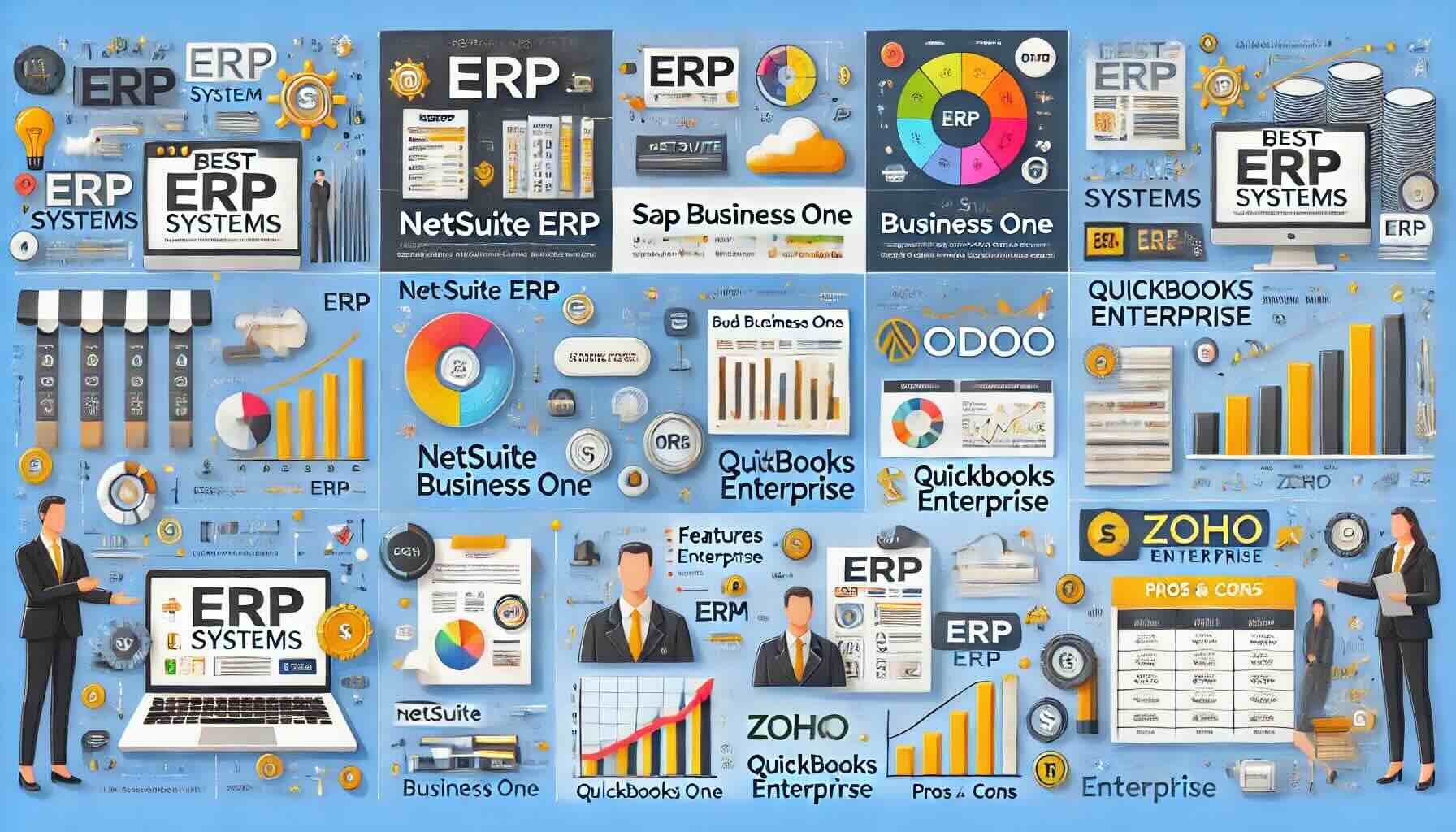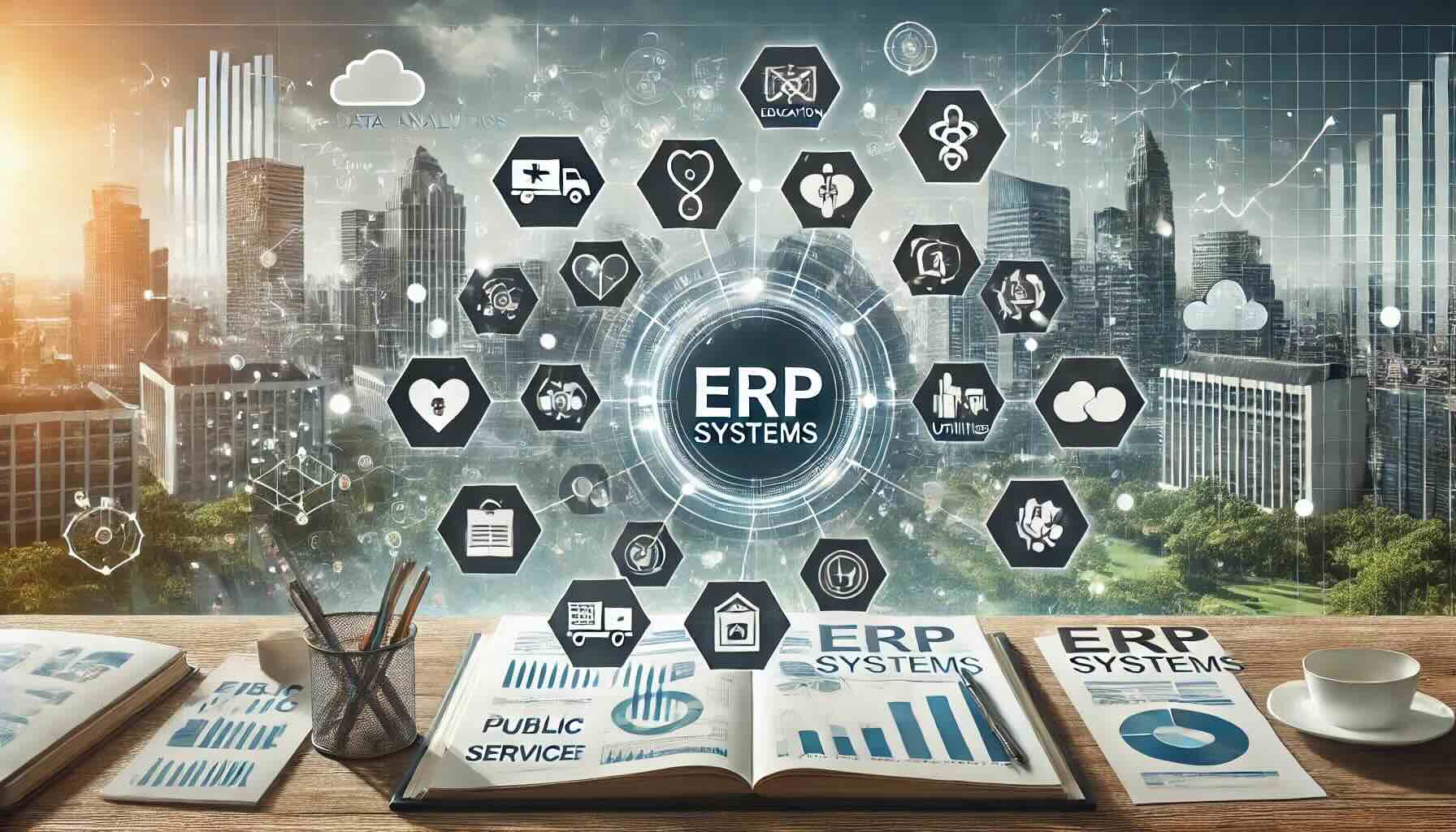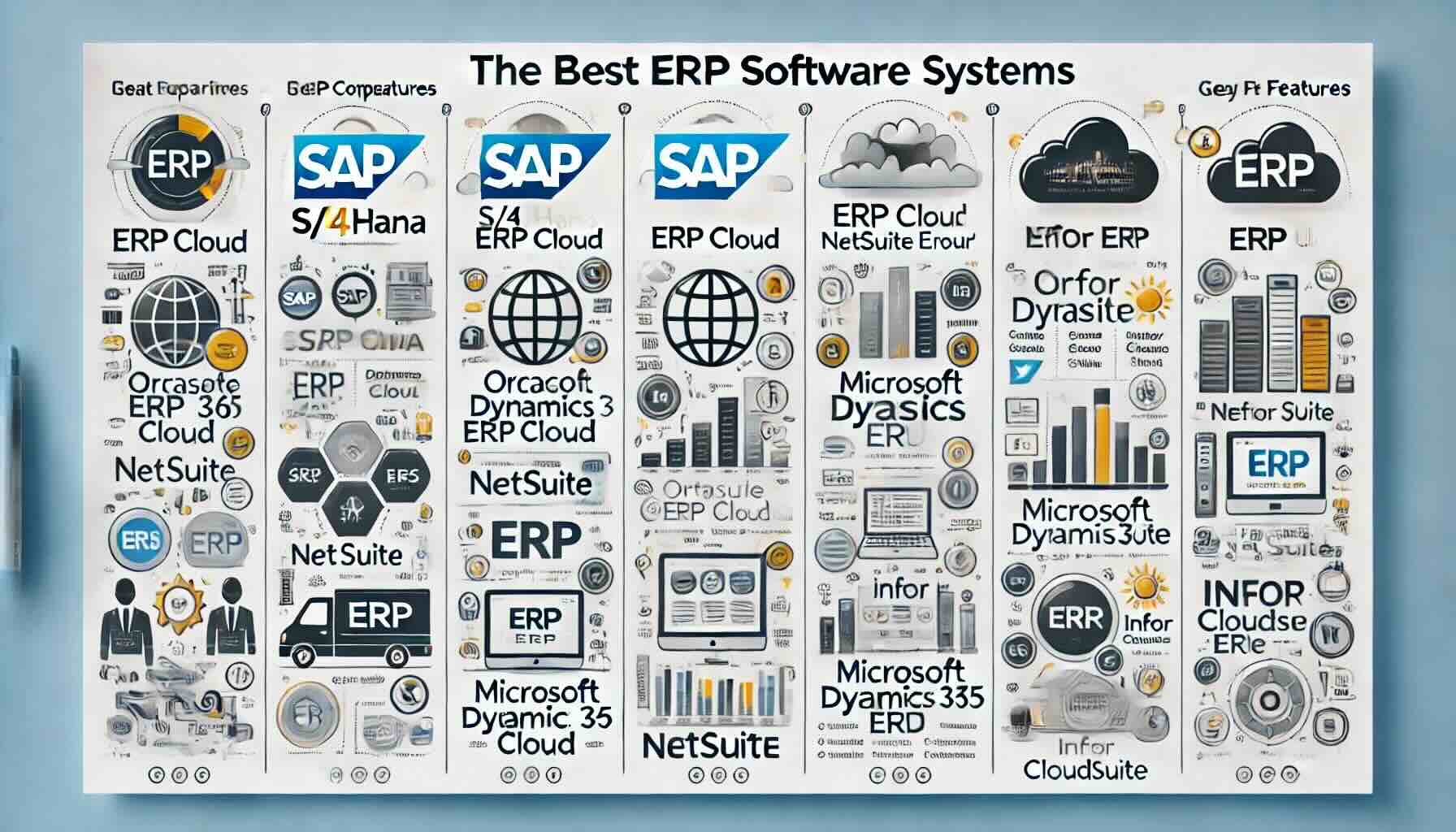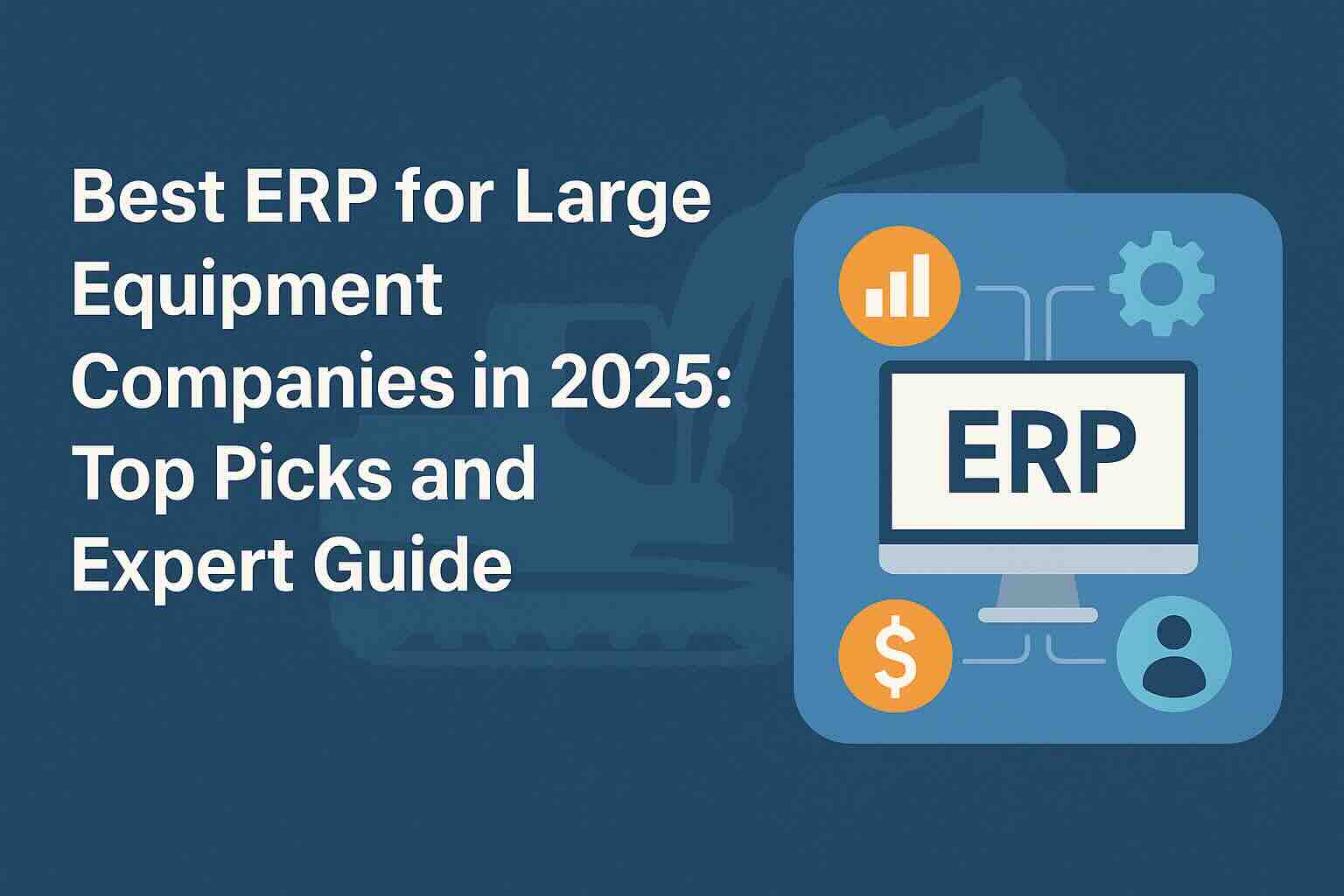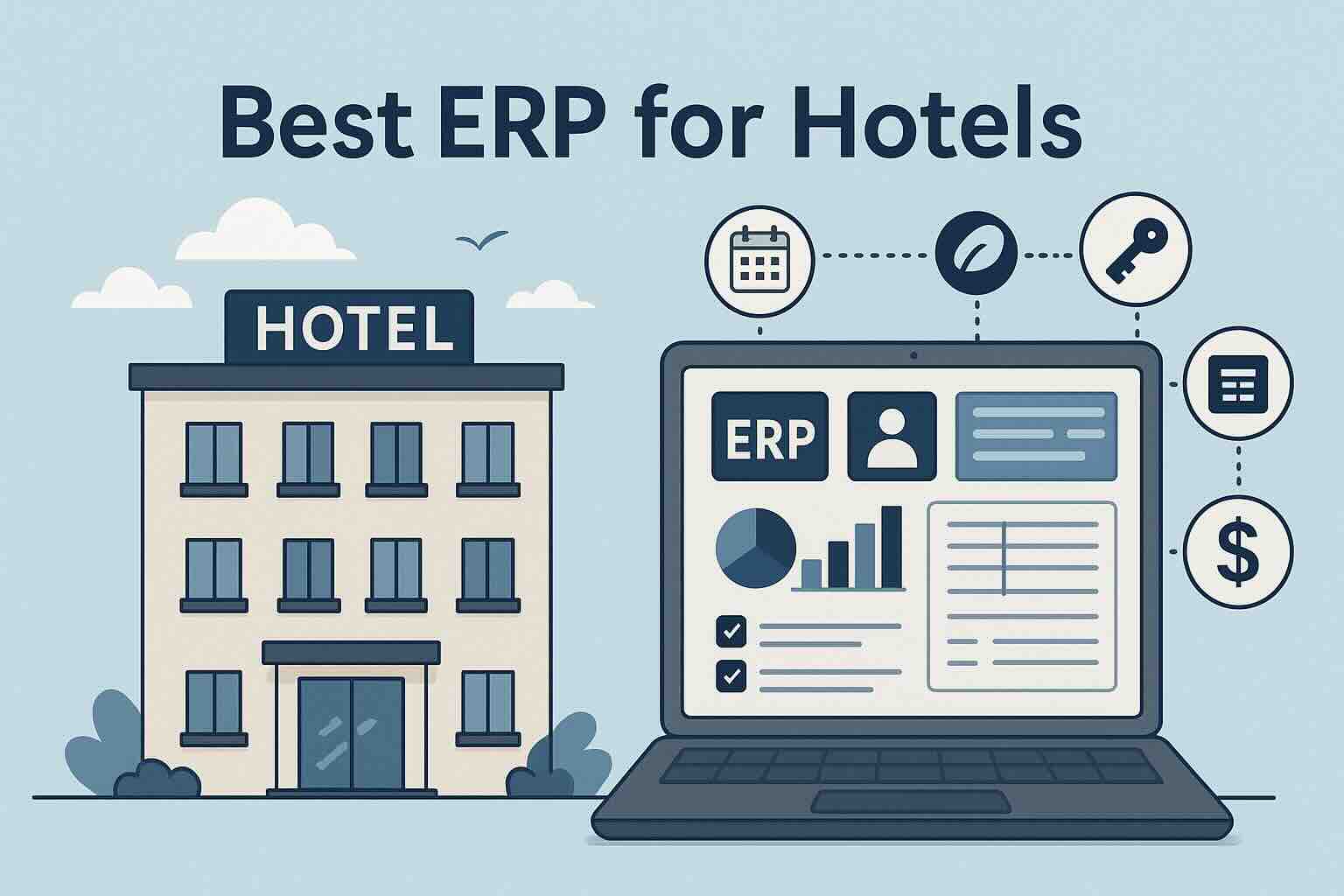Is SAP S/4HANA a Good ERP for Public Services?

In today’s rapidly evolving digital landscape, public services face unique challenges. From managing vast amounts of data to ensuring seamless operations across various departments, the need for an efficient, integrated ERP (Enterprise Resource Planning) system is paramount. Enter SAP S/4HANA, a next-generation ERP solution that promises to transform public services. But is SAP S/4HANA truly a good fit for the public sector? Let’s explore.
What is SAP S/4HANA?
SAP S/4HANA is an advanced ERP suite designed to streamline business processes, enhance data management, and provide real-time analytics. Built on the SAP HANA database, it offers a simplified data model and a modern user experience. This robust platform integrates seamlessly with cloud applications and IoT, making it a versatile choice for various industries, including public services.
Benefits of SAP S/4HANA for Public Services
- Enhanced Data Management and AnalyticsPublic services deal with a massive influx of data daily. SAP S/4HANA’s in-memory database technology allows for real-time data processing and analytics, enabling government agencies to make informed decisions quickly. This capability is crucial for improving public services, from healthcare to transportation.
- Improved Efficiency and CollaborationOne of the core strengths of SAP S/4HANA is its ability to streamline operations across different departments. By providing a unified platform, it fosters better collaboration and reduces redundancy. This leads to improved efficiency in delivering public services, ensuring that citizens receive timely and effective support.
- Scalability and FlexibilityThe public sector often needs to adapt to changing circumstances, whether it’s a sudden increase in demand for services or the implementation of new regulations. SAP S/4HANA offers scalability and flexibility, allowing public service providers to adjust their operations swiftly and efficiently.
- Enhanced Security and ComplianceSecurity is a top priority for public services, given the sensitive nature of the data they handle. SAP S/4HANA comes with robust security features and compliance tools, ensuring that data is protected and that agencies meet regulatory requirements. This is particularly important in areas like healthcare and public safety.
- Cost-EffectivenessWhile the initial investment in SAP S/4HANA might seem significant, the long-term benefits and cost savings can be substantial. By automating processes and improving resource management, public service providers can reduce operational costs and redirect funds to other critical areas.
Real-World Applications of SAP S/4HANA in Public Services
- HealthcareSAP S/4HANA can revolutionize healthcare services by providing real-time patient data, streamlining administrative processes, and improving resource allocation. This ensures better patient care and more efficient hospital management.
- TransportationEfficient management of public transportation systems is crucial for urban mobility. SAP S/4HANA helps in managing schedules, tracking assets, and analyzing data to optimize routes and reduce downtime.
- Government AdministrationFrom tax collection to citizen engagement, SAP S/4HANA enhances various aspects of government administration. It simplifies complex processes, improves transparency, and ensures better service delivery to citizens.
Challenges and Considerations
While SAP S/4HANA offers numerous benefits, its implementation in public services comes with challenges. These include:
- Initial Cost and Complexity: Implementing a new ERP system requires a significant investment and can be complex. Proper planning and expert guidance are essential.
- Change Management: Transitioning to a new system requires change management to ensure that staff are adequately trained and that the shift is smooth.
- Data Migration: Migrating existing data to SAP S/4HANA can be a daunting task. Ensuring data integrity and compatibility is crucial for a successful transition.
Conclusion
SAP S/4HANA is indeed a good ERP for public services, offering enhanced data management, improved efficiency, and robust security features. While the implementation may be challenging, the long-term benefits make it a worthwhile investment. By leveraging SAP S/4HANA, public service providers can ensure better service delivery, improved citizen satisfaction, and more efficient operations.
As public services continue to evolve, adopting advanced ERP solutions like SAP S/4HANA will be key to meeting the growing demands and expectations of citizens.
To compare SAP S/4HANA with 100s of other ERP solutions, you can use our new AI-powered Compare ERP tool. It’s free to use and you get a guaranteed discount on your first year’s licence fees with a referral from Compare ERP.


